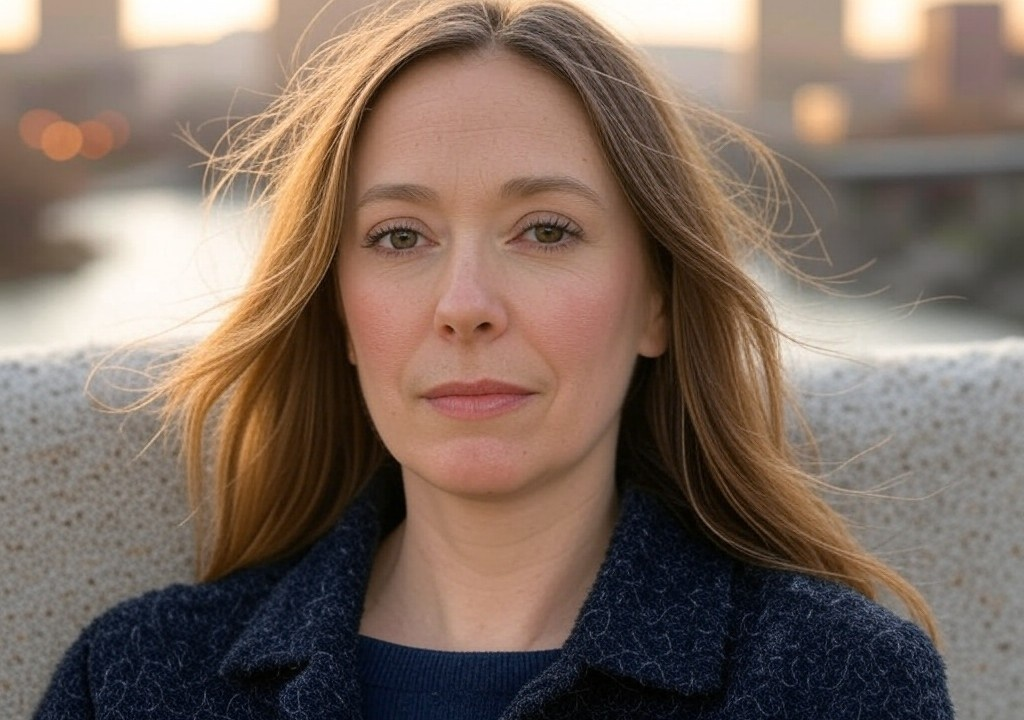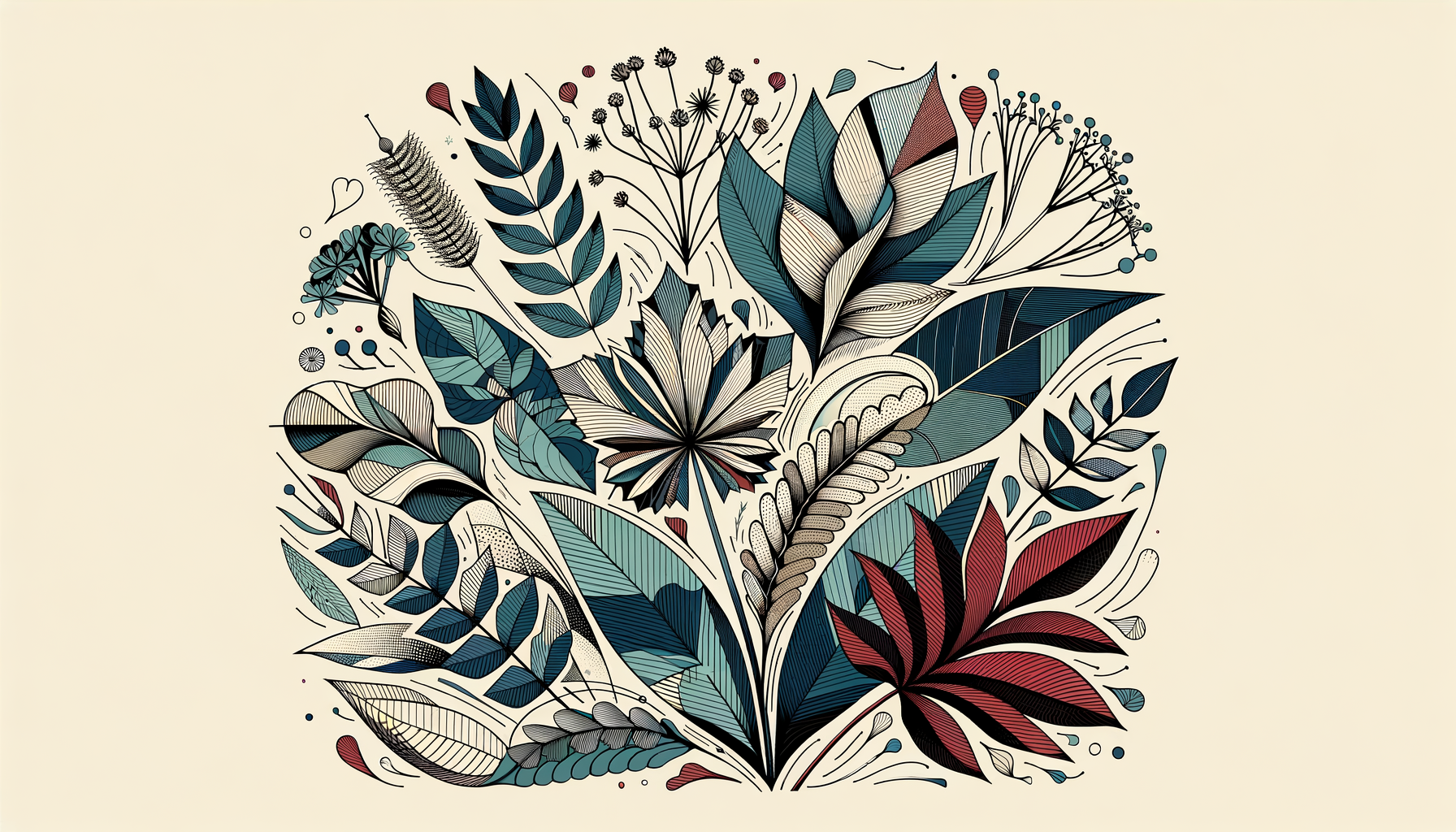Byline: They say joy sneaks up on you when you least expect it. For me, it happened somewhere between a farm in Idaho and the first successful pour of heartbreak into words.
The Sudden Joy of Breaking My Own Mold
In my family, hard work wasn’t just admired—it was practically woven into our DNA. My grandparents farmed potatoes outside Boise long before organic farming was trendy. My parents? They ran a local craft brewery before craft beers were cool, always in motion, always hustling. Growing up, it was assumed your greatest accomplishment would come from elbow grease and maybe a dash of stubbornness—traits Idahoans like to embolden with the same pride other places save for award-winning recipes or five-year plans.
So as a kid, I threw my heart into things like debate team, student newspaper deadlines, and rehearsing presentations until I could sell you a term paper like it was the cure for seasonal allergies. And don’t get me wrong—it felt good to excel, to prove myself. But joy? Not exactly. My achievements were more like matching socks: satisfying, sure, but not the kind of thrill that kept me up at night in anticipation.
That changed the year I landed an investigative writing fellowship in Chicago. I was far from the clear skies and mountain vistas of Boise, living in a city where brunch had at least five avocado options, and no one smiled at you on public transportation. I spent my days chasing down story details and my evenings trying to invent an urban version of myself, one who suddenly wore leather jackets and bought $6 lattes. For a while, I mistook the sheer glamour of this experience for joy. It wasn’t. It was adrenaline dressed up in more expensive shoes. The joy, as it turns out, came later.
When the Words Clicked
One morning, deadline looming, I found myself staring at a rough first draft that read like I’d written it in the back of a moving bus—lots of stops, starts, and a questionable detour about property taxes. This was supposed to be my breakthrough piece: a profile on a remarkable entrepreneur whose charm rivaled half of Instagram. I had the quotes, the anecdotes, and enough stats to make a Silicon Valley junkie proud, but something was missing.
Then, almost by accident, I scribbled a phrase in the margin: “He builds microchips the way my mom built her brewery—with grit, blind optimism, and a seventh sense for what might work.”
I read it back. Huh. Not bad.
So, I leaned in. I started lacing the piece with a little of my own voice—not reporter-robot Leslie, but the version of me who knew Boise’s rhythms and quirks. I compared the entrepreneur’s early struggles to trying to get a potato crop to grow through one of Idaho’s surprise spring frosts. I wrote how his first big failure probably felt like that time my dad accidentally let a custom IPA ferment too long.
It was funny, a little offbeat. It scared me. Would my editor think it was too me?
But when I submitted that draft and it came back with almost no red ink, I knew: I’d tapped into something bigger than just good reporting. Writing stopped being just a craft. I realized it could be a connection—a way to take all these tiny pieces of lived experience and spin them into something that resonated with other people.
For the first time, I felt giddy doing my job. Not just satisfied. Not even proud. But actual, honest-to-goodness joy.
The Unexpected Parallel: Dating & Self-Discovery
Here’s where things get funny. That writing breakthrough ended up becoming a metaphor for almost everything else in my life—especially relationships. Writing authentically felt a lot like hitting it off on a first date when you’re not trying to impress someone by knowing the difference between Bordeaux and Burgundy, but just vibing over your mutual hatred of daylight saving time.
I’d spent years treating relationships the same way I’d treated writing: as something you had to get right. I’d overthink text messages, perform the ideal version of myself that blended humor with just enough mystery, and mentally schematic future Thanksgiving dinners with this stranger I’d known for two weeks.
But the same lesson applied—bringing your real self to the table, quirks and all, is where the magic starts. It’s when you stop strategizing and start showing up, potato farming metaphors and all, that people (and yes, sane romantic partners) truly lean in.
And just like that first draft breakthrough, I began to let go of perfection. It was okay to say what you actually meant, even if it came out slightly weird or overly sentimental. Joy, it seems, loves a good curveball.
Finding Your Joy Breakthrough
So, how do you find your own “first time I felt joy doing this” moment? Maybe yours won’t come from writing, or dating, or geeking out over how hop varieties influence IPA tasting notes (ask my dad; he will absolutely tell you). But it will come from somewhere genuine.
Here are a few things I learned along the way:
-
Stop Performing, Start Showing Up
Whether it’s a passion, a relationship, or even a karaoke rendition of Alanis Morissette’s “You Oughta Know,” chasing joy means letting go of how other people might see you. The joy isn’t in what you do—it’s in how true it feels to who you are. -
Experiment Without Expectation
That first draft scared me because it wasn’t what I thought was “right.” But sometimes the greatest joy comes from breaking a little mold. Try something you’ve always wanted to—but lower the stakes. Joy hides best behind other people’s expectations. -
Joy Isn’t Loud (But It’s Catchy)
I used to think finding my calling—whether in work or love—meant fireworks. But the first rush of writing joy? It was much quieter, more a hum than a roar. Listen to that hum. It’s a better compass than adrenaline. -
Bring a Little Potato Farming to the Process
Joy isn’t exactly like Idaho soil—more magic, less dirt—but the same rule applies: you don’t have to see your efforts bloom right away. With a little tending and patience (and maybe fertilizer in the form of good coffee), it eventually happens.
The Beauty of Everyday Joy
These days, joy shows up in different ways. It’s in the rhythm of my keypad when something I write just clicks. It’s in the shared laughter over a weirdly specific memory. It’s in the little reminders that “good enough” isn’t some failing, but often a blueprint for the kind of happiness you can build upon.
Whatever moment sparks your own giddy joy—whether it’s penning that perfect sentence or learning to flirt with authenticity—let it surprise you. Let it pull you away from performance and into the messy, beautiful details of life. Because, trust me, there’s joy buried there, waiting.




















